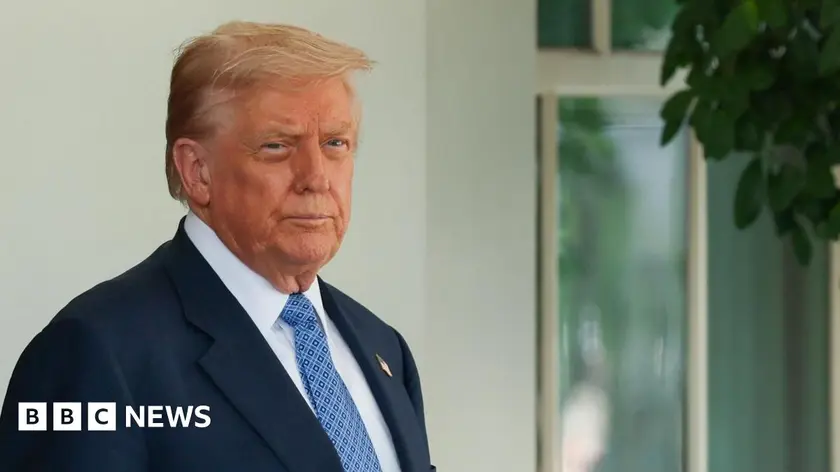T4K3.news
National Guard arrives in DC
The president orders National Guard troops to DC to bolster security and signals a broader shift in policing.
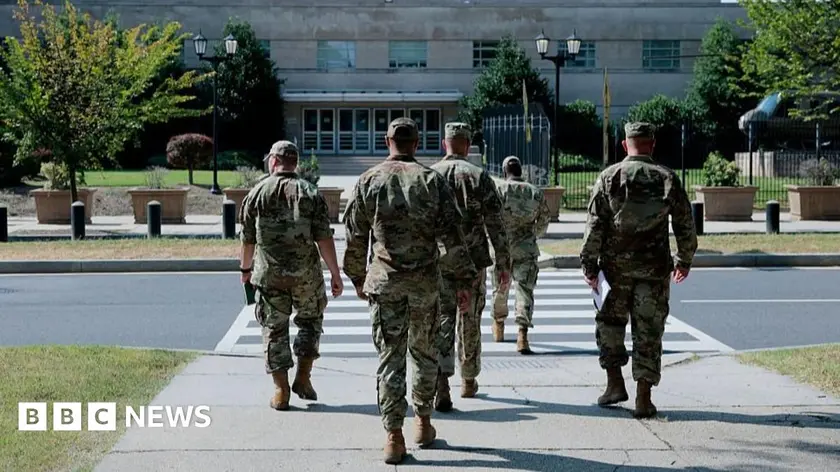
The president moves to deploy the National Guard in DC and signals a broader take-charge approach to policing, even as homelessness data show progress in the city.
National Guard troops arrive in Washington DC on Trump's orders
National Guard troops arrived in Washington DC after orders from President Trump to bolster security and support the city’s police. Officials described the deployment as a response to ongoing security concerns and as part of a broader effort to keep order in the capital. The president also pledged to take direct control of the district’s policing, a move that would be politically significant and potentially controversial given questions about local autonomy and federal authority.
Local homeless advocacy groups told the BBC that conditions in the city have improved in recent years. Ralph Boyd, president and chief executive of SOME, noted that homelessness is down almost 20% in 2025 compared with five years ago. He added that moving people out of the city is not a long-term solution and warned it could push the problem to communities less equipped to handle it. "All it will do is transfer the problem somewhere else into communities that are perhaps less equipped to deal with it than we are."
Key Takeaways
"All it will do is transfer the problem somewhere else into communities that are perhaps less equipped to deal with it than we are."
SOME chief executive Ralph Boyd commenting on the policy approach
"Homelessness is down almost 20% for individuals in Washington DC in 2025 compared to five years ago."
Statistic cited by Ralph Boyd in discussing city progress
The move blends security messaging with political signaling. It tests the boundary between federal action and local governance, and raises questions about accountability, legality, and how such deployments are funded. If DC remains under federal control for an extended period, critics may worry about eroding local decision-making and civil liberties. The administration’s justification hinges on safety, yet the lack of a detailed, long-term plan for housing and services could leave residents exposed once headlines shift.
Data showing a drop in homelessness complicates the narrative that crime and disorder drive the policy. Without a clear strategy to address root causes, security measures risk becoming a headline rather than a lasting solution. The debate will hinge on concrete budgets, oversight, and the ability to balance security with compassionate care for vulnerable residents.
Highlights
- Deploying the guard sounds decisive until you ask who pays the bill
- Moving people out of the city does not solve the problem it reshapes it
- Policy without housing strategy is a headline not a solution
- Public safety needs a plan that helps the most vulnerable not a spectacle
Political and budget backlash risk in DC policing move
Deploying federal forces to a city and taking control of local police raises civil liberty, budget, and political backlash concerns. The plan could face legal challenges, contested funding, and public scrutiny over long-term impacts on governance and resident welfare.
The coming weeks will reveal if safety can be paired with a clear plan for people.
Enjoyed this? Let your friends know!
Related News
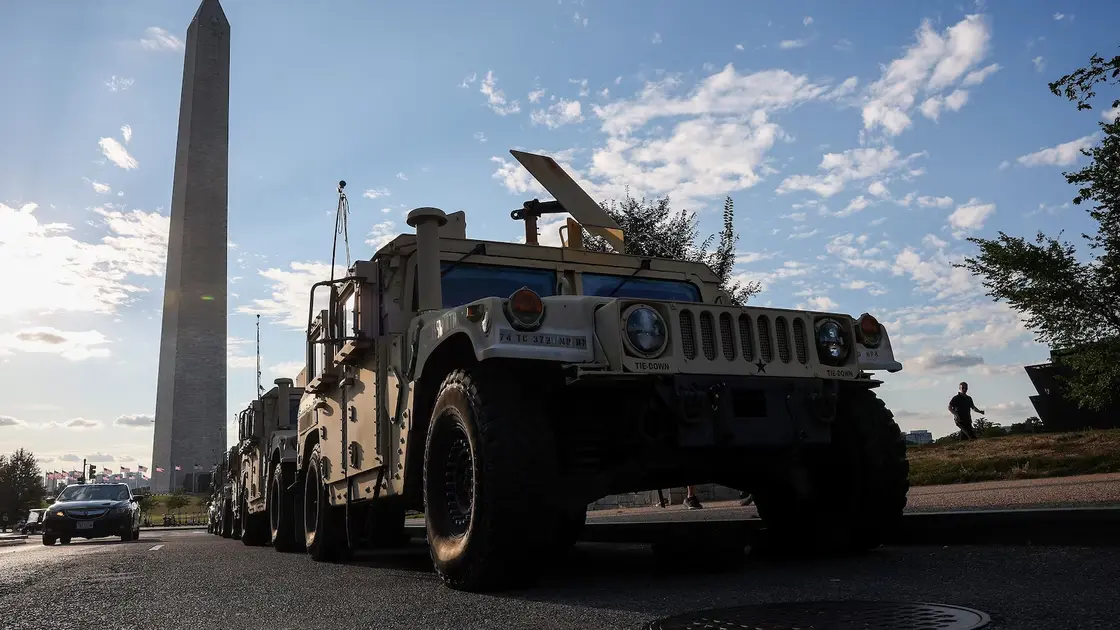
National Guard deployment in D.C.
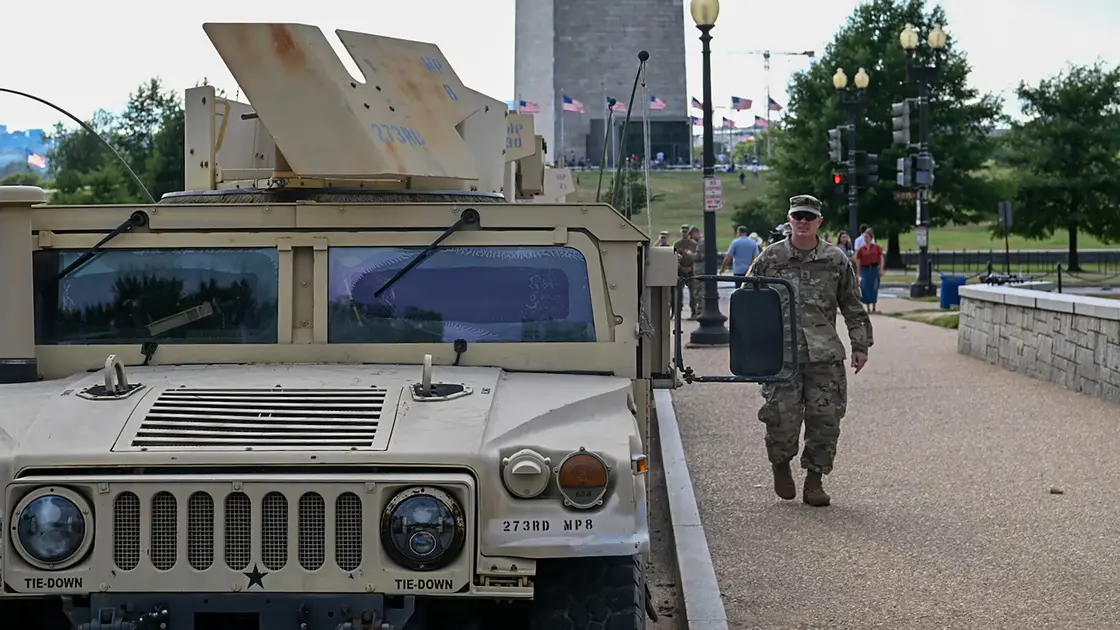
Trump seeks long term federal control of DC police
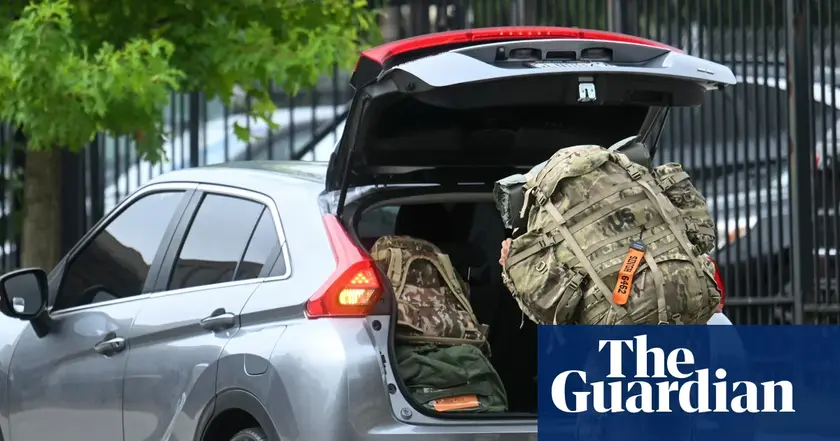
National Guard in DC raises sharp questions
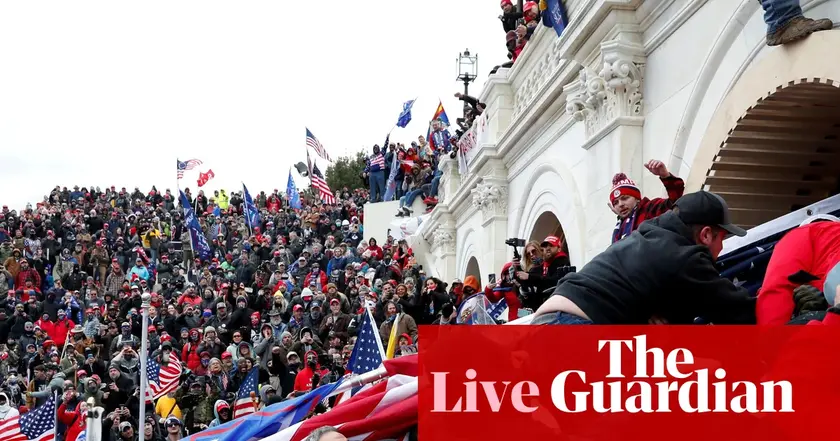
Capitol presence links Trump pick to January 6
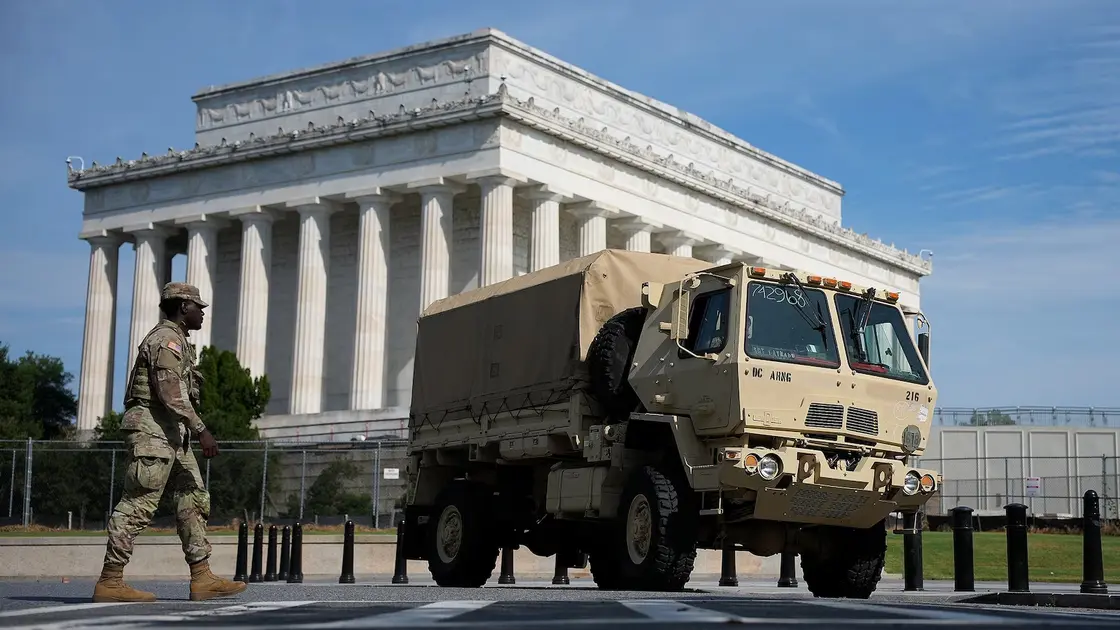
National Guard Patrols Begin in DC
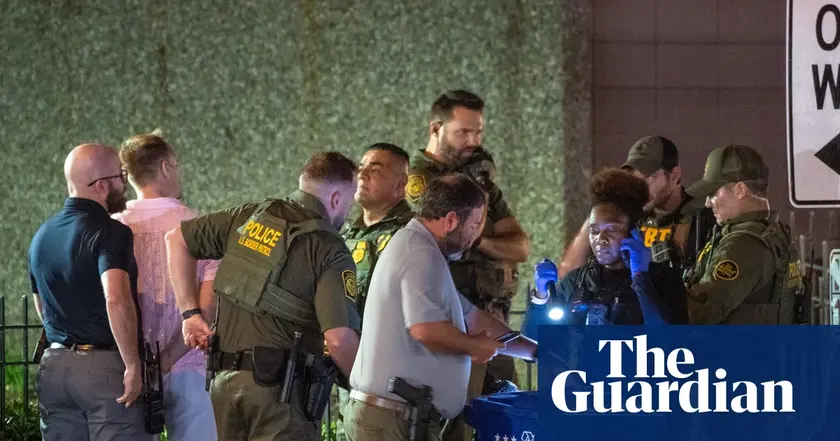
DoJ employee fired after sandwich attack
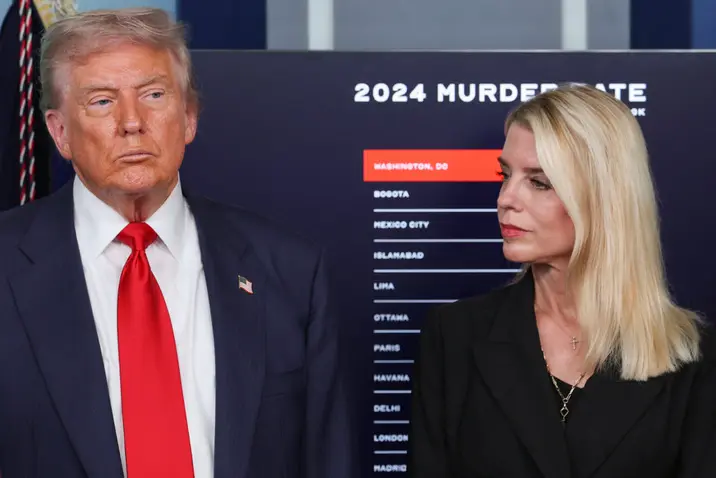
Trump misstates Washington homicide rate
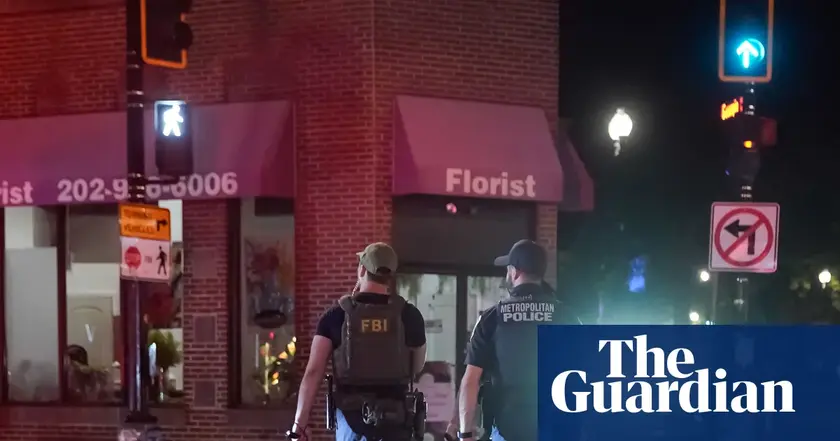
Sandwich attack case moves forward
